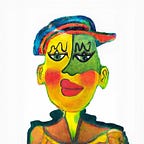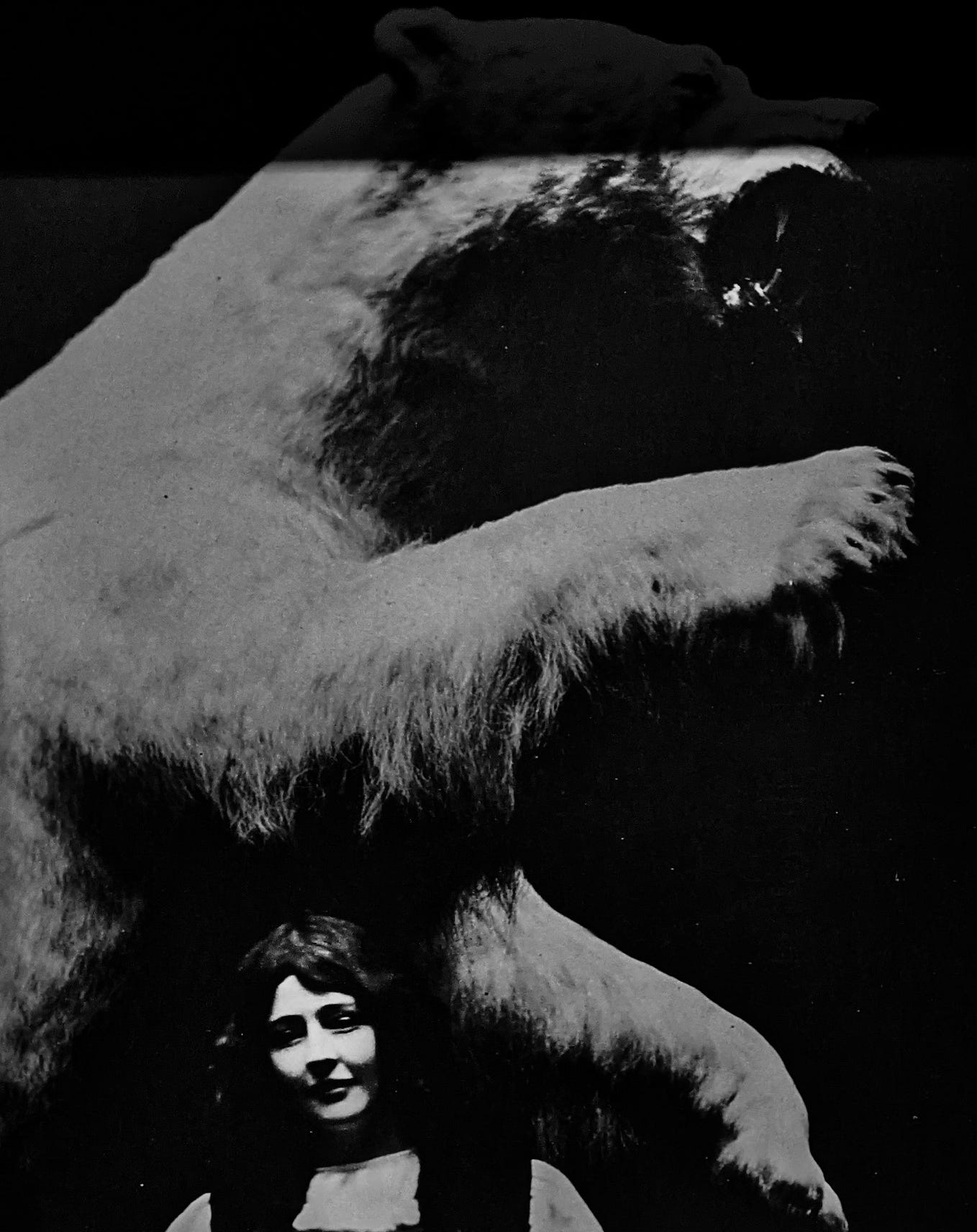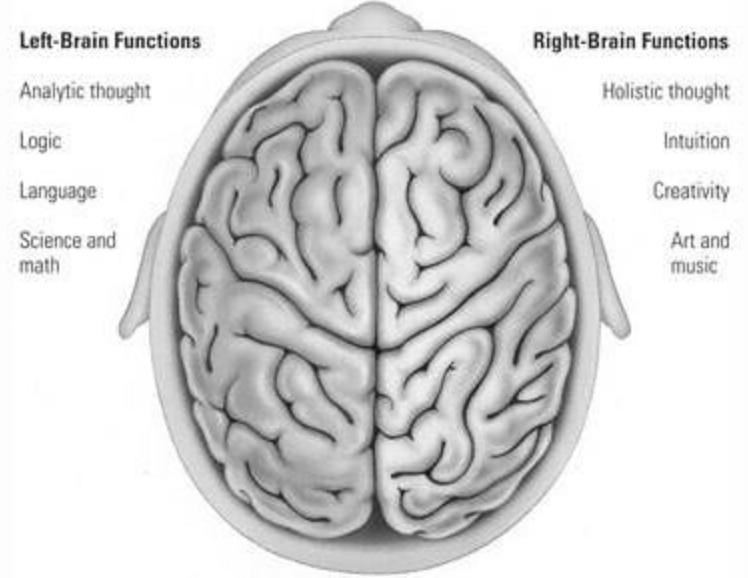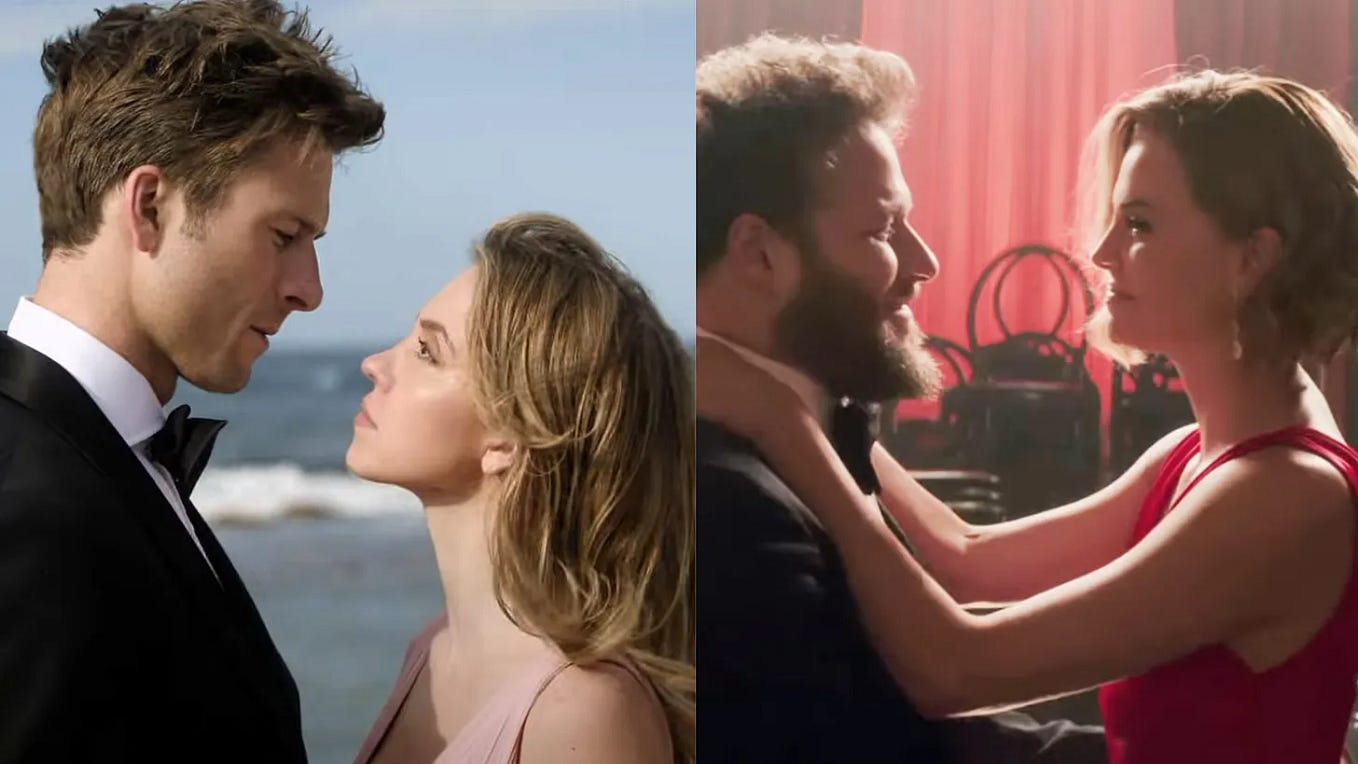Valentine’s Day in the Land of Incest
A walk in the past
It’s Valentine’s Day and my husband is taking me to the land of incest, Karatara. I asked him to come here — I had a brother who sexually harassed me since age eight. He had mental problems, it wasn’t his fault.
We take a right on the tar road, past a sizeable liquor store, and dive into the village’s flat lands. Karatara is an ancient settlement in South Africa where woodcutter families were relocated long ago. It’s a village on a plateau, close to the foothills of the Outeniqua Mountains, nestled along the river that carries its name, on the edge of the Knysna Forest, in the Western Cape. My husband’s already been here for his documentary.
We drive by the community’s only food shop. In front of it are a couple of men hanging together. They all turn around to look at what’s coming with angst in their eyes. One has a head shaped like a bowling skittle and a protruding nose.
We park by the store. As we leave the car, my husband and I greet the men; they wave, then quickly disperse as we approach. We go inside the store to buy a fresh bottle of water. The air is stale and damp. Products are crammed in two rooms with no windows and almost no light if it wasn’t for the open door.
The dead head of a huge fish with sharp teeth and a few kudus are hung on the wall behind the old woman at the till. Her electric blue eyeliner has sunk to lower levels. I want to talk to her, but I’m not ready yet so we pay and leave.
We walk by many rows of shabby houses. It’s dead silent. We see no one for a while as we reach the end of one block. All homes are of similar sizes, with just one level and no more than four or five rooms surrounded by flat, dry grass. Most entrance doors are left open and people’s cars are often right next to the main door. Some have high brick fences, and those who don’t, have barking guard dogs and signs reading “Beware of the Dog.”
As we turn right onto the next row of houses, we come across a school that looks abandoned. Under the banner featuring the school’s name is a slogan reading “Enter to Learn, Leave to Serve.”
Nearby stood a dark and empty municipal building, over a century old. Light pink curtains are on the sides of all open windows. The smaller ones are bare of fabric and shut — one is covered with cardboard and has a small hole. I feel like someone’s eying us from the tiny slit.
My husband tells me there’s no hospital or police station here. I wonder what are the consequences. We get going towards the town hall. It’s closed off with metallic gates from all sides. The way everything looks seems intentional to keep the curious away.
At the end of the street, a large bushy tree has cross-bred with a massive palm — it’s coming out at the top on its left and smothering its trunk at the base. I’m struck. Near it, an old man on a black office chair is sitting in the middle of the garden, resting his chin on the back of one of his hands, seemingly thinking but looking nowhere.
I’m suddenly distracted from that scene — a girl’s scream can be heard from a distance. She seems to be howling from the top of her lungs. Her squeal lasts about five seconds, then stops. Shivers catch me and propel me forward. I lose track of how many houses I’ve seen and how long I’ve walked.
In between a quiet place where there’s no action and another with loud dogs, a middle-aged woman with curly brown hair wearing a short white dress sitting on a house’s porch. She waves at us eagerly like a small girl who’s dying to go on a playdate. I’m tempted to go in, but I don’t.
We pass a couple more houses, one has a large white heart drawn with chalk on its chipped wooden gate. As we hit the bottom of one of the few residential streets, we take on another new block of homes. There we notice about fifty green plastic bottles perfectly fitted one one in a neat garden, filled with water turned upside down in the soil on the entire perimeter of the green. Four doors down, one man’s cave is falling apart. The walls have cracks and the windows too, and in front of it all is a pit bull painted on a blood-red pickup truck.
The town’s cemetery is next on our right. As we explore it, a man wearing a washed-out t-shirt and jeans pops out of a small beige house watching our every move. The graves look identical, with a few exceptions. One has a skewed cross, another a sculpture of two twin girls sitting on a wooden bench, and a couple’s grave displays two large white apples made of marble. On our way out, I almost trip on an empty packet of condoms.
As we near the end of our visit, I tell my husband I’m ready to speak to the people. My wish comes true not long after; a roaming giant wearing a turquoise checkered short-sleeved shirt and large empty jeans shows up on the road we’re on. His long, imposing body moves sloppily on the pavement. As he gets closer, his fat belly plumps out. When we’re one meter apart, I focus on his narrow head, his elephant ears, and his voracious blue eyes. He checks us out too, licking the side of his wide almost toothless mouth, then asks for money in Afrikaans. My husband engages with him. I can’t because I don’t speak his language.
The giant pulls out a gas light from his plastic bag, muttering something we can’t compute. Using his short rotten fingernails, he scratches his coarse lip and puts the light back where it was. He wants more than coins. I feel sympathy for him; he seems lost.
The conversation slowly dies. We say goodbye. He doesn’t attempt to hold us back as we turn our backs to him. When he’s far gone, my husband tells me he’s met him before. I learn about his story. He was wrongfully accused of raping and killing his neighbor because he raped his sister whom he still lives with, in the family house. My sympathy vanishes.
On the way back to the car, I gaze at the village’s church close to where our ride is. The bell tower is straighter than a ruler. Right next to it is a tall pine tree that should also be pointing upwards, but it bends almost ninety degrees west. Nature has a mind of its own.
I leave the place with many unanswered questions, seemingly unable to engage with what hurts.








